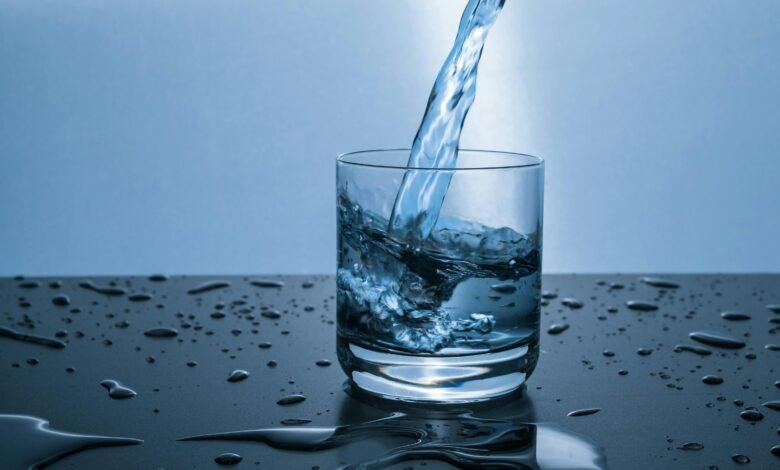The Best Water Softeners for Well Water: A Comprehensive Guide

The Best Water Softeners for Well Water: A Comprehensive Guide
When relying on well water, homeowners often face unique challenges that can impact water quality and overall household comfort. One of the most prevalent issues is hard water, characterized by elevated levels of calcium and magnesium. fixtures, ultimately compromising their efficiency and lifespan. In this article, we will delve into the best water softeners available for well water, their standout features, and important considerations before making your purchase.
Understanding Water Hardness
Before diving into the best water softeners, it’s essential to grasp the concept of water hardness. Water hardness is typically measured in grains per gallon (gpg). If your well water tests above 7 gpg, investing in a water softener is highly advisable.
The Impact of Hard Water
Hard water can cause several issues beyond the immediate inconvenience. These include:
- Scale Buildup: Hard minerals can accumulate in pipes, leading to reduced water flow and increased energy consumption.
- Appliance Damage: Scale can shorten the lifespan of water heaters, dishwashers, and washing machines, leading to costly repairs or replacements.
- Laundry Problems: Hard water can cause clothes to feel rough and appear dingy, as it interferes with detergent effectiveness.
- Skin and Hair Issues: Hard water may contribute to dry skin and dull hair, as the minerals can strip natural oils.
Key Features to Look For in a Water Softener
When choosing a water softener for well water, several key features should guide your decision:
- Salt-Based vs. Salt-Free Systems:
- Salt-Based Softeners: These systems utilize sodium or potassium to replace calcium and magnesium ions in water, effectively removing hardness.
- Salt-Free Softeners: Instead of removing hardness minerals, these systems alter their structure, preventing scale buildup.
- Size and Capacity:
- Consider the size of your household and your water usage habits. Systems are available in various capacities, typically measured in grains.
- Regeneration Cycle:
- Water softeners regenerate to flush out the minerals collected during the softening process. Some systems regenerate on a set timer, while others utilize a metered system that regenerates based on actual water usage.
- Filtration Capabilities:
- If your well water contains additional contaminants, such as iron, sediment, or sulfur, consider a system that includes filtration options or a combination unit.
Top Recommendations for Water Softeners
1. Fleck 5600SXT Water Softener
Best for Large Households
- Type: Salt-Based
- Capacity: Up to 80,000 grains
- Features: Equipped with a digital control head, on-demand regeneration, and a high flow rate, making it suitable .
- Why It’s Great: The Fleck 5600SXT is customizable and efficient, capable of meeting the high water demands typical in larger households. Its smart regeneration system optimizes salt and water usage.
2. AFWFilters 5600SXT Water Softener
Best Budget Option
- Type: Salt-Based
- Capacity: Available in 48,000 to 80,000 grains
- Features: Digital control, high-efficiency design, and customizable settings.
- Why It’s Great: This system offers excellent performance at a budget-friendly price, making it an ideal choice for those looking for value without sacrificing quality.
3. SpringWell Water Filter Systems
Best for Well Water with Contaminants
- Type: Salt-Based with Filtration
- Capacity: Customizable based on household needs
- Features: Includes sediment and UV filters, providing a comprehensive whole-house solution.
4. Ecosoft Salt-Free Water Softener
Best Salt-Free Option
- Type: Salt-Free
- Capacity: Up to 1,200,000 gallons (lifetime)
- Features: No electricity required, environmentally friendly, and low maintenance.
- Why It’s Great: Ideal for those seeking a low-maintenance and eco-friendly solution, although it may be less effective for extremely hard water.
Conclusion
Choosing the right water softener for your well water can significantly enhance your household’s water quality, efficiency, and comfort. Consider important factors such as water hardness, household size, specific contaminants, and your personal preferences when selecting a system.




